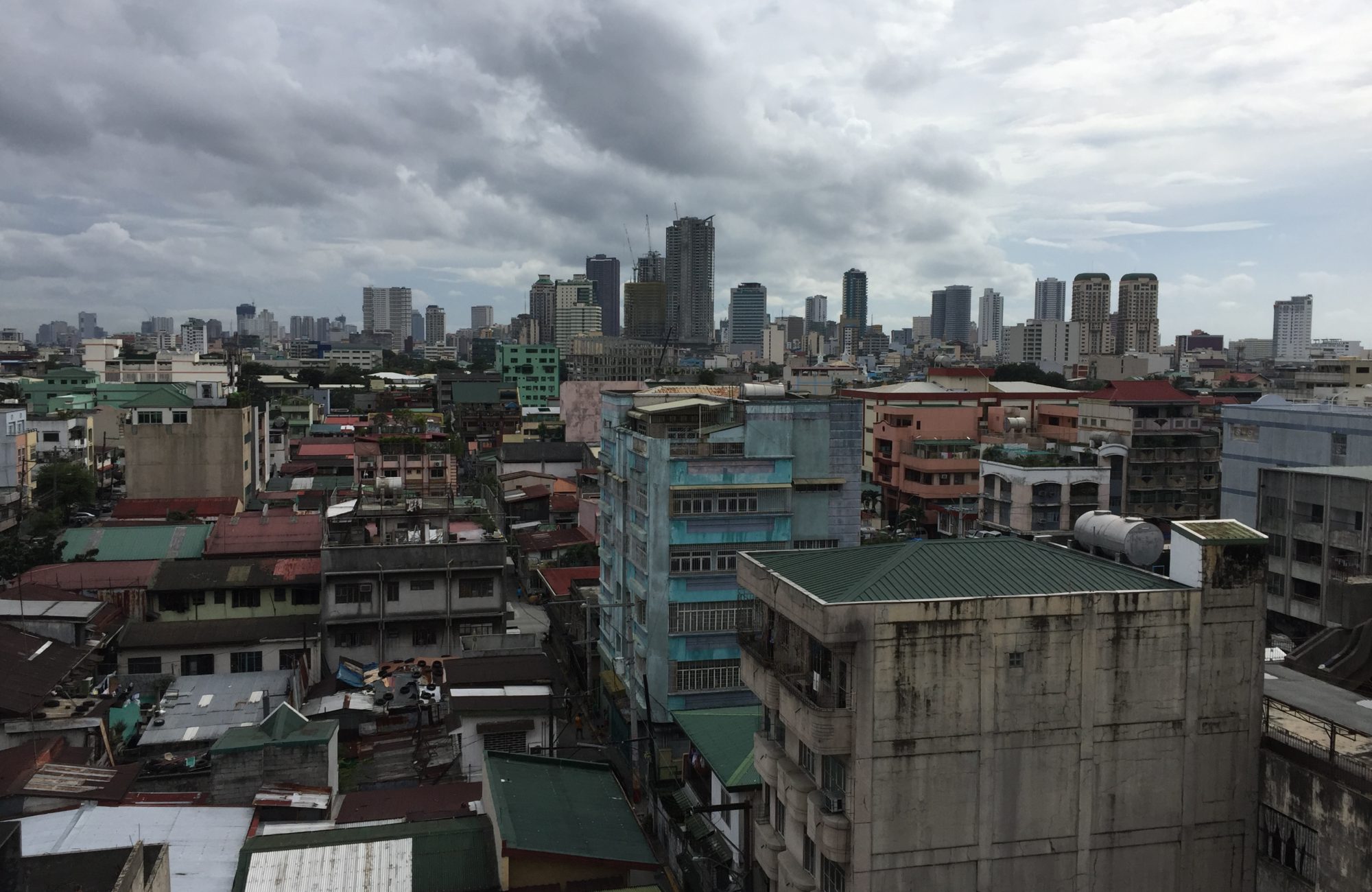Every day we hear stories about the magnificence of the Ukrainian resistance, the tragic suffering of the Ukrainian people, the horrifying destruction of Ukrainian cities and towns.
Every day we hear our loudest and most popular/respected/vilified talking heads give their opinions on the state of Putin’s physical and mental health, the inadequacies of the Russian military, the unprovoked nature of the ongoing Russian attack, and the horrors of war.
Every day we hear about the tragic deaths of civilians, the dwindling supplies of food, water, heat, and medicine, the use of vacuum bombs and cluster bombs in violation of the Geneva Convention, the possibilities of chemical and biological warfare and possible use of tactical nuclear weapons, the indiscriminate bombing of schools and hospitals and residential neighborhoods, on and on and on.
And always, there are these spoken or unspoken questions – what is Putin going to do next, and how can we avoid provoking him?
The number one concern of NATO seems to be to avoid escalation of the war and avoid any direct confrontation of Russia, even if that means the destruction of every Ukrainian city, the displacement of millions of Ukrainian refugees, and years of urban warfare.
NATO needs to be reminded that it exists specifically to confront Russian aggression. There would be no NATO if there was no threat of Russian aggression.
Plan A, which consists of economic sanctions, financial isolation, limited arms support to Ukraine, the hope of a negotiated settlement/surrender, and the refusal to sell any more Big Macs to the Russian people – this is a very cautious and measured response, not the very strong and principled response that is needed at this time.
Even if the Russian offensive never leads to a Russian victory, the unwillingness of the free world to confront a Hitler-like dictator until it is almost too late sends a clear message to other dictators and repressive governments – free societies are weak and indecisive and will not defend themselves or each other.
It is time for Plan B.
First, Ukraine must set forth its own terms of negotiated peace, to consist of the following:
- Immediate removal of all Russian military presence from Ukrainian lands, including Crimea and Donbas, including the removal of all Russian warships from Ukrainian seas.
- Payment from Russian gold reserves for the reconstruction of Ukrainian cities, towns, and infrastructure damaged/destroyed by the Russian military.
- Arrest and imprisonment of Vladimir Putin and all high-ranking members of his government pending trial in the International Criminal Court for war crimes and crimes against humanity.
Second, NATO must provide full humanitarian support to the Ukrainian military so that it can effectively put an end to the ongoing destruction of Ukraine and the indiscriminate murder of Ukrainian civilians by the Russian military, to consist of the following:
- The gift of MIG-29 fighter aircraft and armaments from Poland to the Ukrainian air force.
- The gift of F-35 and F-22 fighter aircraft and armaments from the U.S. to the Ukrainian air force.
- The establishment of protected corridors to/from all areas of conflict in Ukraine to facilitate the delivery of food, water, medicine, and weapons, and to allow refugees to leave if they choose to do so.
Third, NATO must be more proactive in accepting new member countries who wish to be protected from Russian tyranny, and to be more understanding that not every government will be as democratic and free of corruption as it would like.
The type of aggression and the willingness to reject the sovereignty of nations as exemplified by Russia’s actions cannot be tolerated in today’s world. It is a malignant cancer that threatens world stability and self-determination. It must be stopped now.
The interdependency of all nations becomes more and more apparent as time passes. The fact that many people far removed from the Ukrainian conflict are likely to die from starvation because the conflict has disrupted Ukrainian wheat production is clear proof of this.
The 141 nations who condemned the Russian invasion of Ukraine are 141 nations who understand that the sovereignty of nations is sacrosanct and are repulsed by Russia’s unprovoked aggression. These nations do not believe that the decision of nations formerly dominated by Russia to join NATO to protect themselves from future Russian tyranny in any way justifies the Russian invasion of Ukraine.
The world overwhelmingly rejects Russia. What is missing now is a clear and profound statement from the UN Secretary-General that provides a vision for the future based upon global cooperation so that together we can address our shared earthly concerns, and how war between nations has no place in a civilized world.

